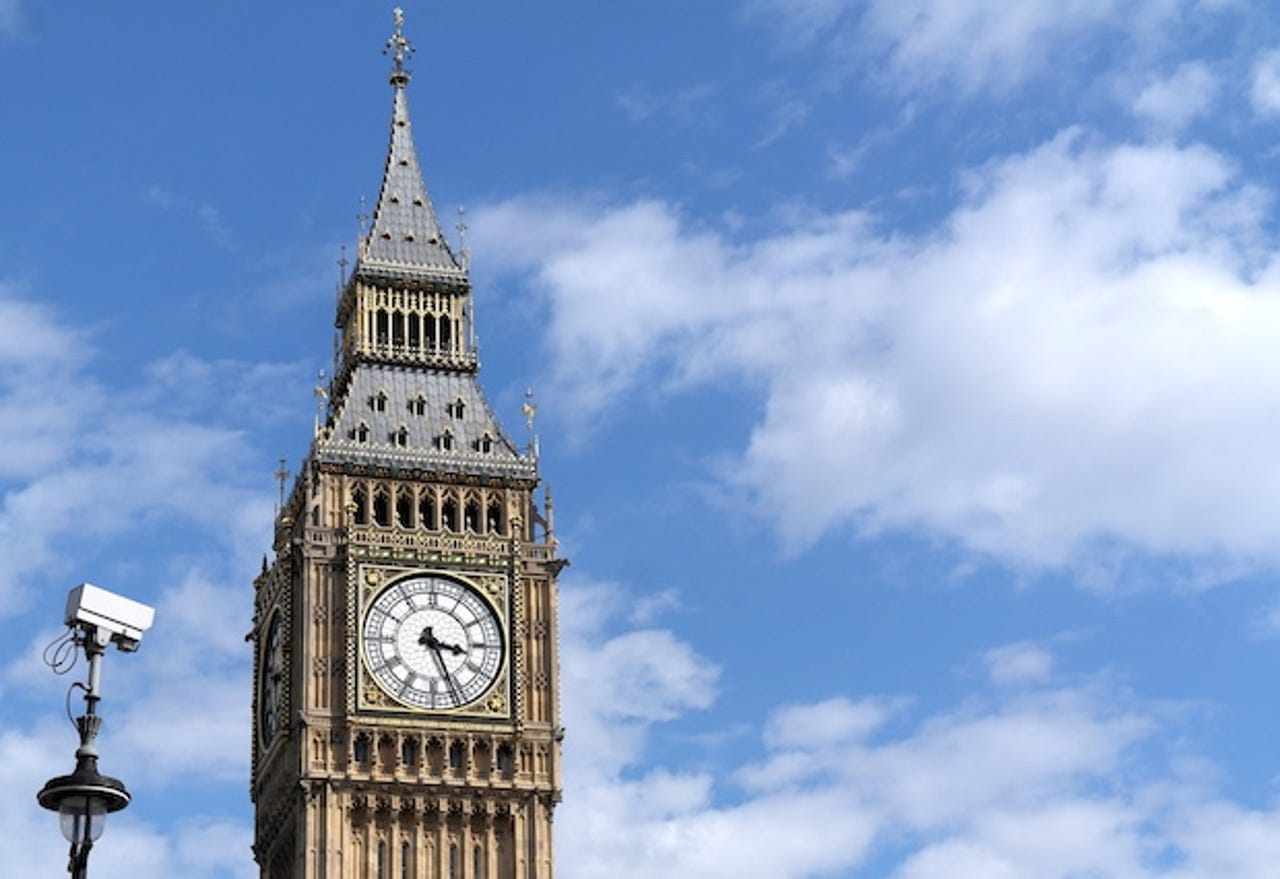UK declares war on privacy under the facade of "national security"


It often takes just an hour or two for world leaders following an act of terrorism (particularly countries nearby) to denounce "cowardice" and "evil" in the world. They say the "terrorists must not win," and that we should "protect our freedoms and ideals to the very end." And yet by the time they finish their sentence, they will have half-a-dozen proposals on their desk in anticipation of a full-on assault against the freedoms they were elected to protect.
Following the string of coordinated and planned terrorist attacks in Paris last week, the wider European Union collective of member states are pushing for greater surveillance and censorship powers in order to prevent further attacks across the region.
British prime minister David Cameron on Monday declared a de facto war on communications that are not "possible to read." He said, days after abhorrent attacks in Paris -- widely seen as an assault on free speech -- that his first duty was to protect the country against terrorist attacks.
"The attacks in Paris demonstrated the scale of the threat that we face, and the need to have robust powers through our intelligence and security agencies in order to keep our people safe," he said.
Downing Street did not comment on how encrypted apps and services -- which could include WhatsApp, Snapchat, and Apple's own iMessage text messaging service, which are used by millions in the country, to name a few -- would be blocked.
The move was not surprising. The long-standing political view is that if extensive state surveillance failed, the answer is to spy even more. And in the U.K., that's no different. Regardless of which political party has been in power in the U.K., both liberals and conservatives have taken to surveillance legislation with delight. Over the years, both political factions have gripped to any reason to increase domestic spying -- a concept alien to most Americans, whose rights are (supposed to be) protected under the Fourth Amendment.
But because the U.K.'s constitution does not allow "executive orders" like the U.S. to go ahead -- Cameron's proposals will not go into force until 2016, at the earliest.
With that move, Cameron will put a critical portion of the country's civil liberties -- some of which are afforded by Europe -- on Britain's election plate.
Put simply: at the next election, the U.K. population will vote on whether or not it gives the U.K. government the mandate to spy and snoop unrelentingly under the unproved and illogical assumption it will prevent future terror attacks.
Enough talk. One has to wonder how we got here? Some of you may know, but for those who don't -- a little background.
I'm British, and Britain was my home for more than two decades until I moved to New York for work. It broke my heart to leave. And even now, as I write this and you read, I look back with great fondness and happiness at my country, with a feeling of safe haven in case things go wrong here. Just as I would want to run into the arms of my parents when things life gets difficult, my home is always there. My country isn't just a splotch of land in the middle of the Atlantic Ocean. It's a place of ideals, people who share the same values, familiar faces and landmarks, and a culture that fosters growth and wellness, strength and resilience, and above all else -- we are defenders of everything that makes us "us."
But I look back at my country from a great distance to see that it is slipping into a very slow, organized chaos.
Britain is slipping into a dystopic state of paranoia that it will again, one day, suffer a terrorist attack that will kill and injure many. I have no doubt that Cameron (regardless of my own political persuasions) has the best intentions in mind. But it's a matter of freedoms and principles. It's about having a private life. It's about having friends, and family, and secrets, and lovers, and difficulties, and stresses, and all the other facets of your life that you have the right to keep to yourself.
I think my country needs help. What I fear most is that if my freedom fails, I won't be able to return home.